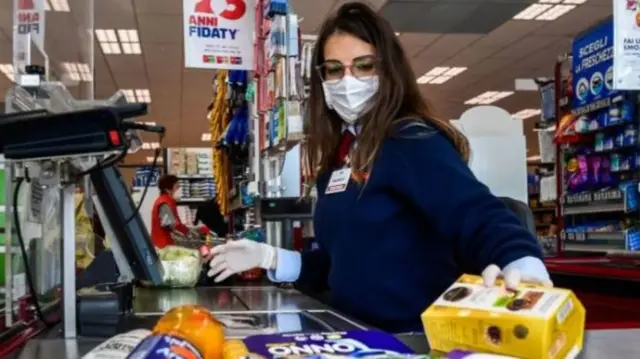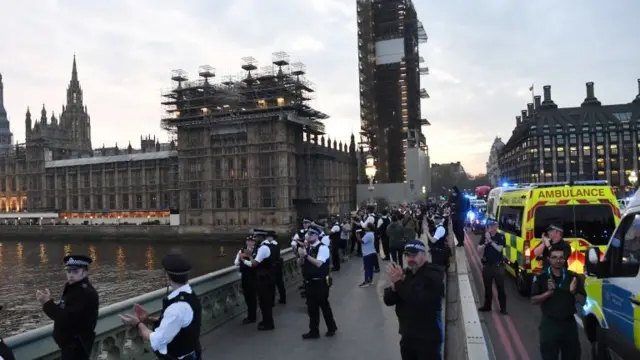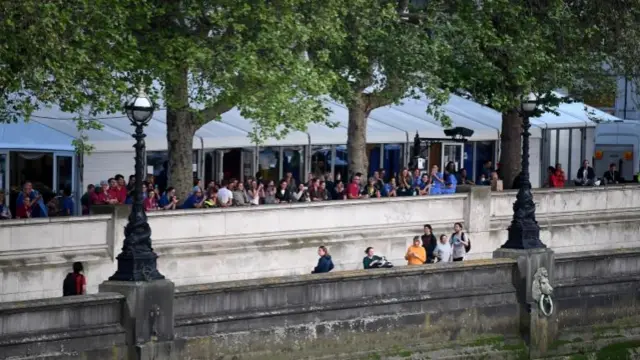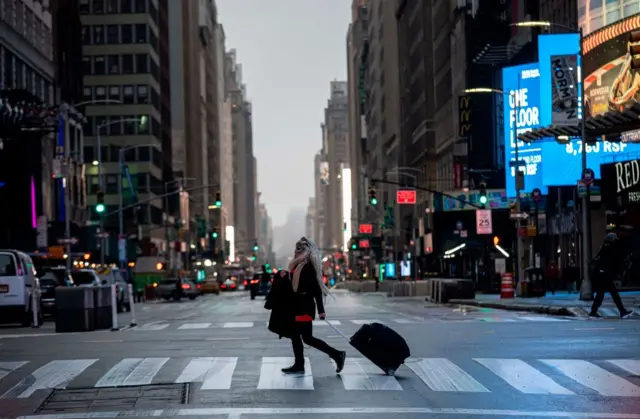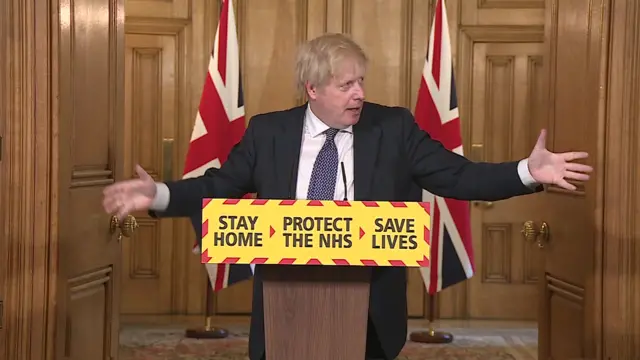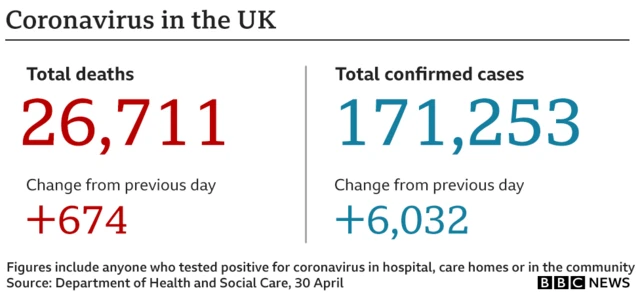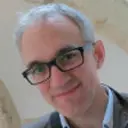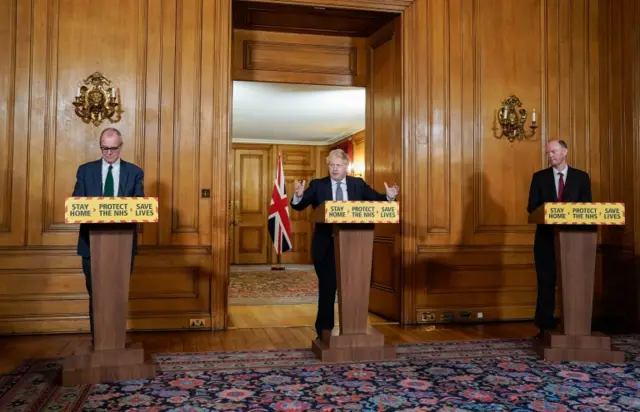Germany further eases lockdownpublished at 18:25 BST 30 April 2020
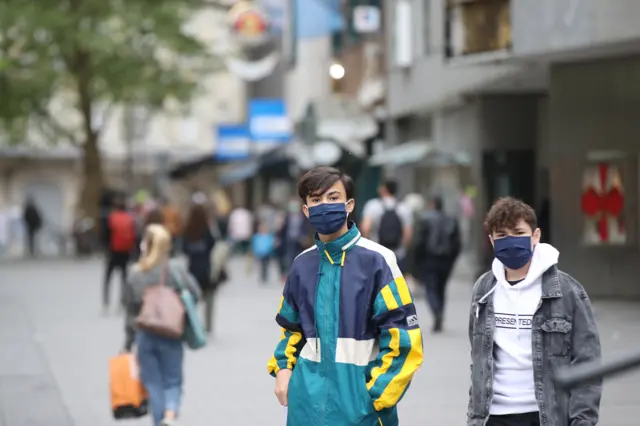 Image source, Getty Images
Image source, Getty ImagesGermany is starting to open up
Germany is to further ease coronavirus restrictions by re-opening museums, galleries, zoos and playgrounds and allowing religious services to resume.
This has been agreed by Chancellor Angel,a Merkel and the leaders of Germany's 16 states.
The states will ensure this will take place under strict conditions. Certain states have already allowed some of these activities to restart.
But restrictions will stay in force on people keeping physical distance from each other.
Large-scale public gatherings will remain banned until the end of August.
Germany began easing restrictions at the beginning of last week. It has seen 6,288 deaths, according to its RKI public health agency.
